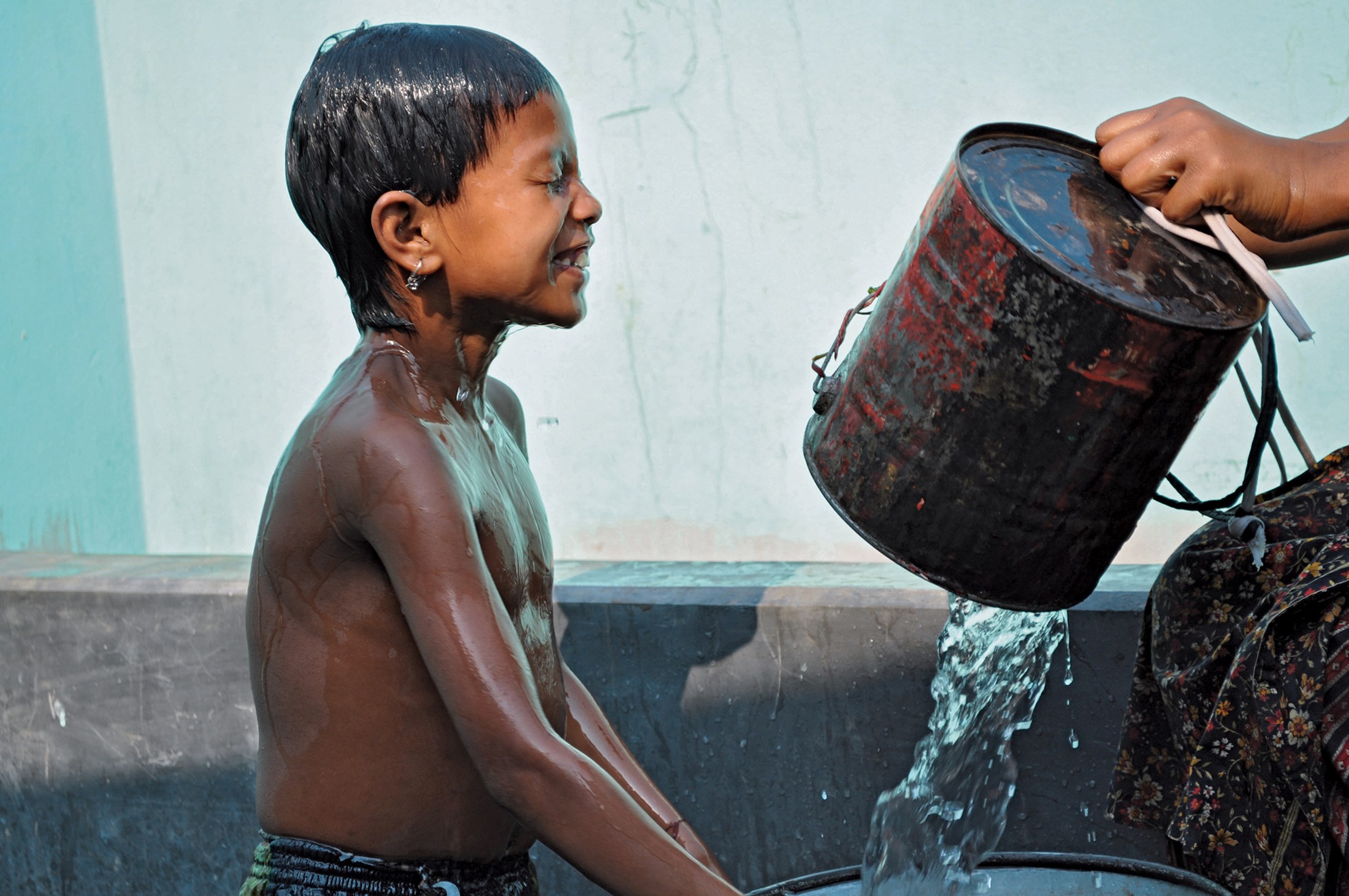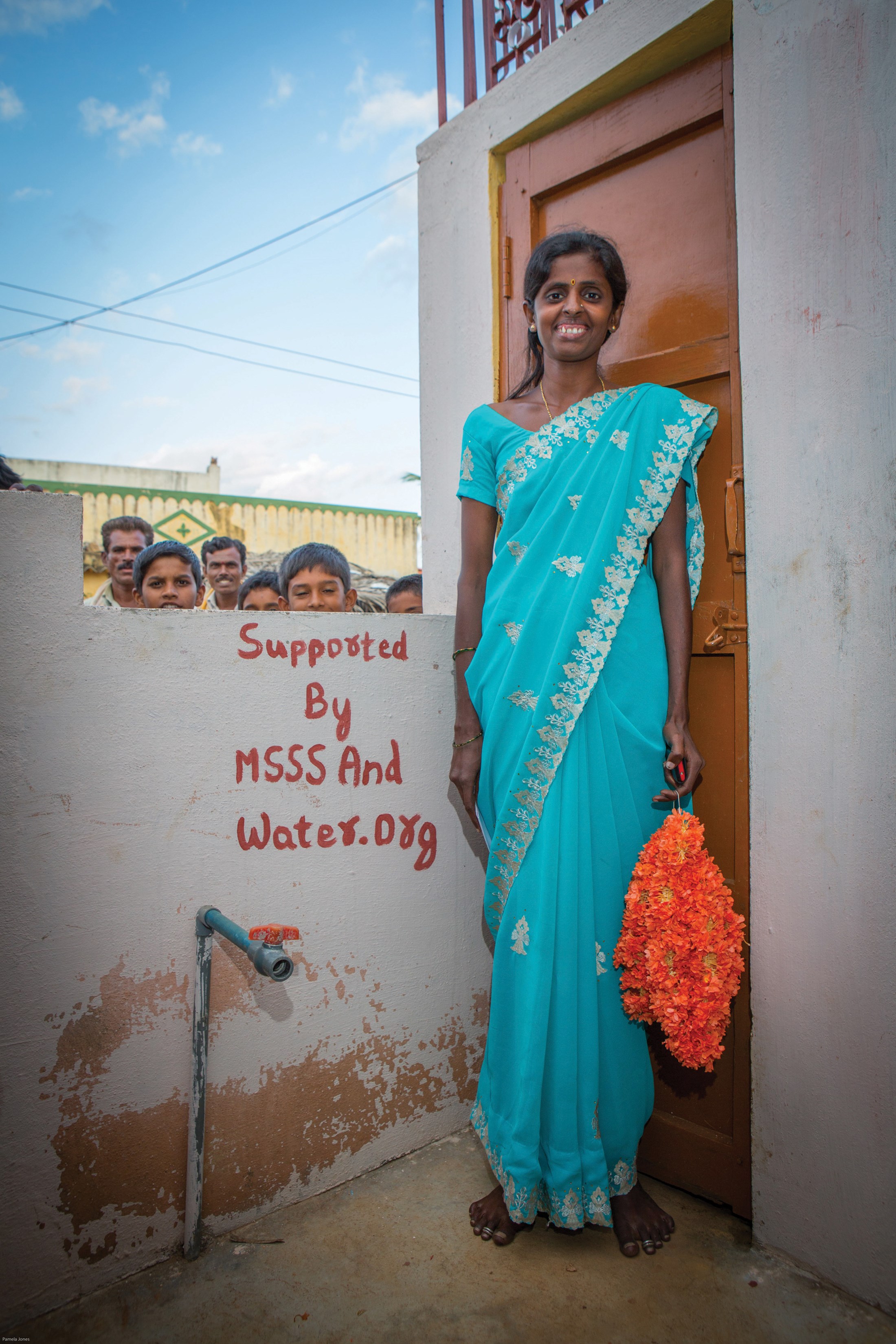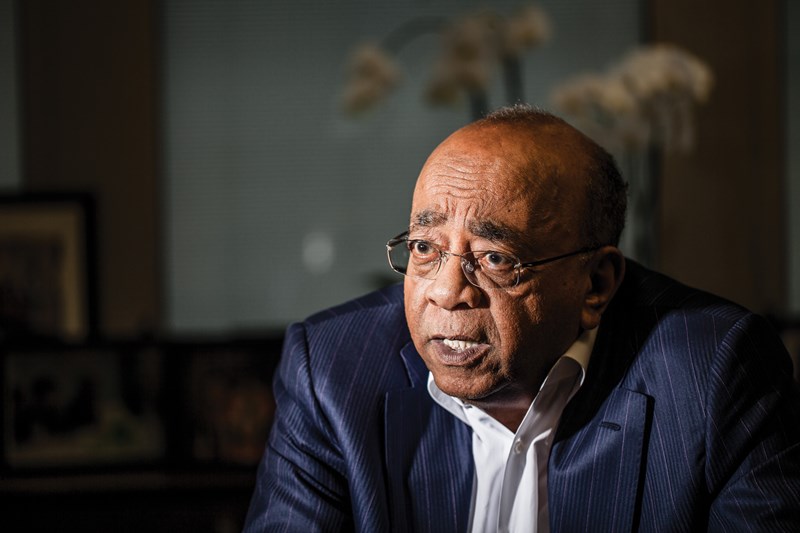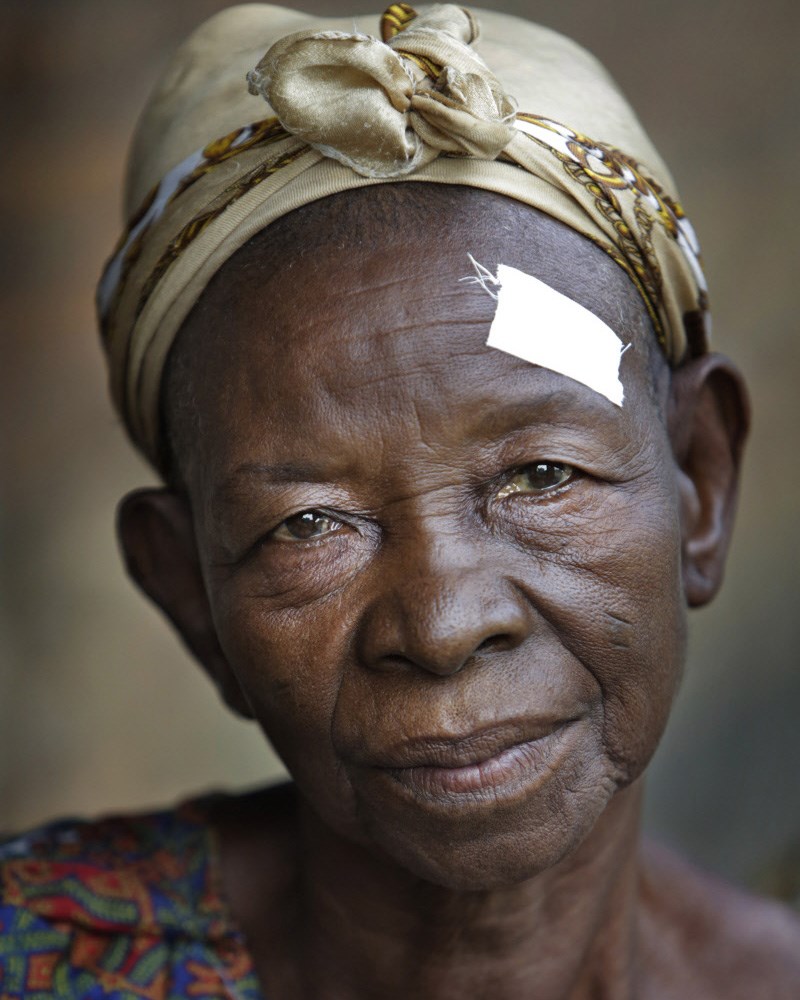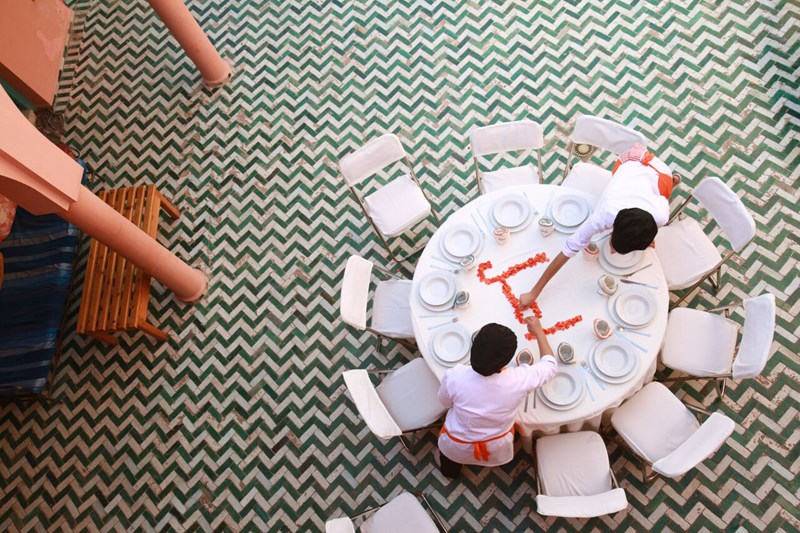At the heart of an industry where success and failure is defined numerically – opening weekend, box office gross, fee-per-picture – Matt Damon has other, far more pressing statistics on his mind. He’s thinking about the 3.4 million people who die every year from a water-related illness, a population almost equivalent to that of the entire city of Los Angeles, his home. He’s thinking about the fact that every 51 seconds, a child dies as a consequence of their inability to access clean water.
He’s thinking about the one in nine people on Earth who lack access to an improved water source – one likely to be protected from contamination, in particular from contamination with faecal matter.
“People talk about the global water crisis and what’s coming down the road,” Damon says. “We just want to keep reminding them that for 748 million people, the crisis is already here.”
Damon’s personal wake-up call came in 2006, when he joined a fact-finding mission to Africa organised by DATA, the nonprofit co-founded by U2 frontman and veteran campaigner Bono. DATA, which stands for Debt, AIDS, Trade, and Africa, would arrange tours for individuals so that they might see first-hand the difficulties surrounding apparently intractable problems.
While much of the focus fell on HIV/AIDS initiatives and microfinance schemes, Damon spent one day learning about the role that water – or its lack – plays in the perpetuation of misery.
“I knew I wanted to engage with issues of extreme poverty, and I knew there were all these pressing problems that I needed to know more about,” he recalls. I was shocked and amazed that I hadn’t heard more about the impact that water has on poverty, and that more people back home in the US weren’t talking about it.
"At that time the US had a big engagement on AIDS, and yet water was killing far more children.”
At the time of Damon's trip, a child was dying every 15 seconds as a consequence of a lack of access to clean water and sanitation.
“Where I grew up you just had to walk over to the tap and turn it on,” says Damon. “We were never thirsty, and I didn’t know anyone who had ever been thirsty in their life. So it was very hard to relate to the fact that all of these kids were dying of diseases where the cure was essentially clean water.
“Children in America might get diarrhoea and they might miss a day of school with the stomach bug but that’s the extent of it," he continues. "It’s certainly not something that’s life threatening.”


